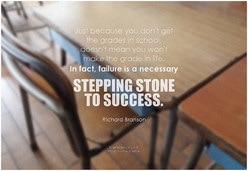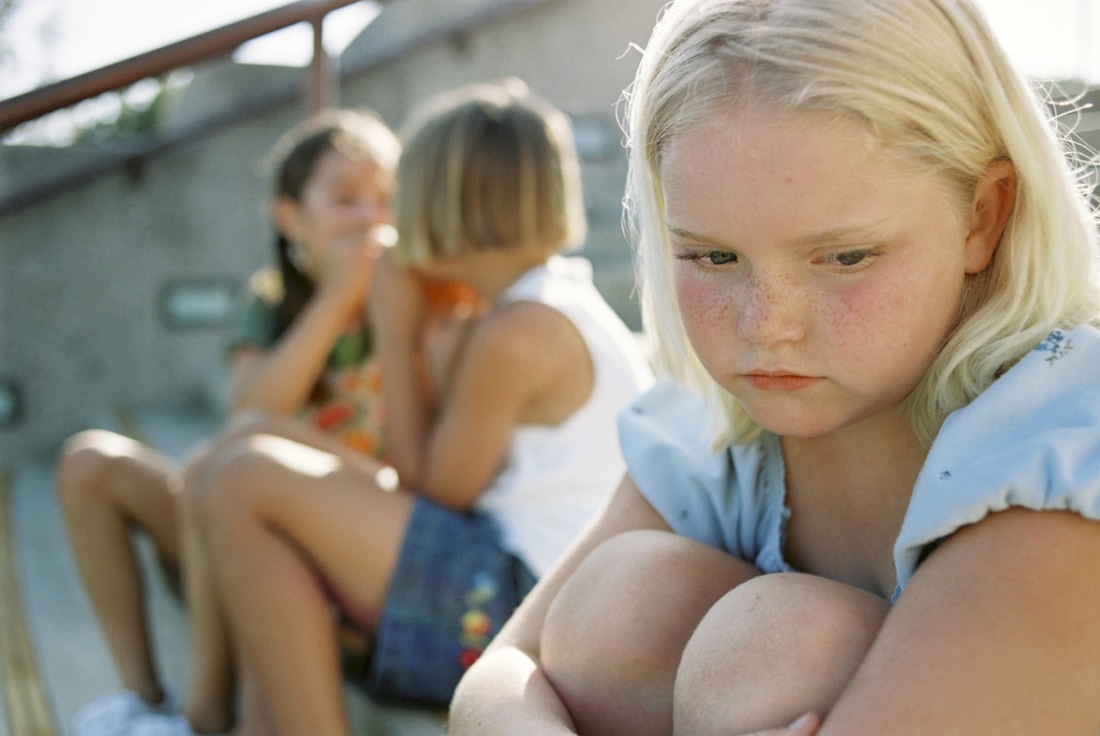Resources
- If you are seeking some foundational knowledge, please review the educational videos in the Parent Education section below.
- If you are seeking additional providers, please check out the providers who I endorse in the Endorsements section.
Parent Education
EMOTIONSWhen practiced at home, validation of emotions has the potential to contain the child in the short term, strengthen the parent-child relationship, and foster healthy levels of emotional expression by the child.
Below are four photos which include links to resources. The first reflects the importance of emotions in human experience. The second explains how to be empathic with others. The third discusses how parents can validate their child's emotions. The fourth is a video about severe anxiety in children and resources available for treating severe anxiety. Click on each photo to deepen your learning about emotions. Importance Of EmotionsEmpathySkill Of ValidationIntense ERP For Severe Anxiety |
SPOTLIGHT ON CULTURE OF PERMISSIVE PARENTINGAs explained via the above links, empathy and validation should ideally be expressed by a parent towards a child. There are instances where parents can feel empathy and express validation quite well, yet struggle to set limits and boundaries with the child. Contrary to popular belief, empathy and validation doesn't necessarily equate passivity and permissiveness. Parental passivity can be quite detrimental, actually. I have observed that it can contribute to a children's sense of entitlement, poor frustration tolerance, and behavioral issues. Click on the below photo to access a book that may be especially important for parents whose children share thoughts of entitlement, display rigidity and a lack of flexibility, express unkindness towards parents, and exhibit an overall lack of mutual respect and in the home environment.
SHAPING BEHAVIOR AND FOSTERING GROWTHYou will find three resources below regarding behaviorism. The first explains the role of behaviorism in Psychology. The second teaches basic skills of positive and negative reinforcement. The third shares current research regarding reinforcement of effort (or process) versus traits (or outcomes). Click on each of the below photos to learn about behaviorism and behavioral techniques.
Behaviorism In PsychologyLearning Positive And Negative Reinforcement |
ADDITIONAL FACTORS RELEVANT TO CHILDREN’S MENTAL HEALTHThere are times when factors outside of the parent-child relationship can create distress in the child. Substance abuse, poor sleep hygiene, neurodiversity (if unknown or unaddressed), and peer struggles, such as bullying, can lead to psychological distress. Click on the photos below to access resources for thinking about and addressing some of these factors.
Substance UseSleepDyslexiaHigh Functioning AutismBully, Victim, or SpectatorWhen children have a role in bullying experiences, whether the bully, the bullied, or the spectator, it is important to address. Education for parents and children regarding the bully, the bullied, and the spectator can go a long way in solving these dynamics. Such education can be found by clicking on the photo above.
Sometimes there is a particular kind of bullying that includes objectification and body shaming. Typically in these situations, it is the bully who needs to change behavior and perspective. Nonetheless, in treatment, patients who have been targeted can begin to feel appropriate anger and search the best sources for healthy self-esteem, validation, and resilience in the face of stress. Click here to learn how I might work with a patient who has been objectified / body shamed.
|











